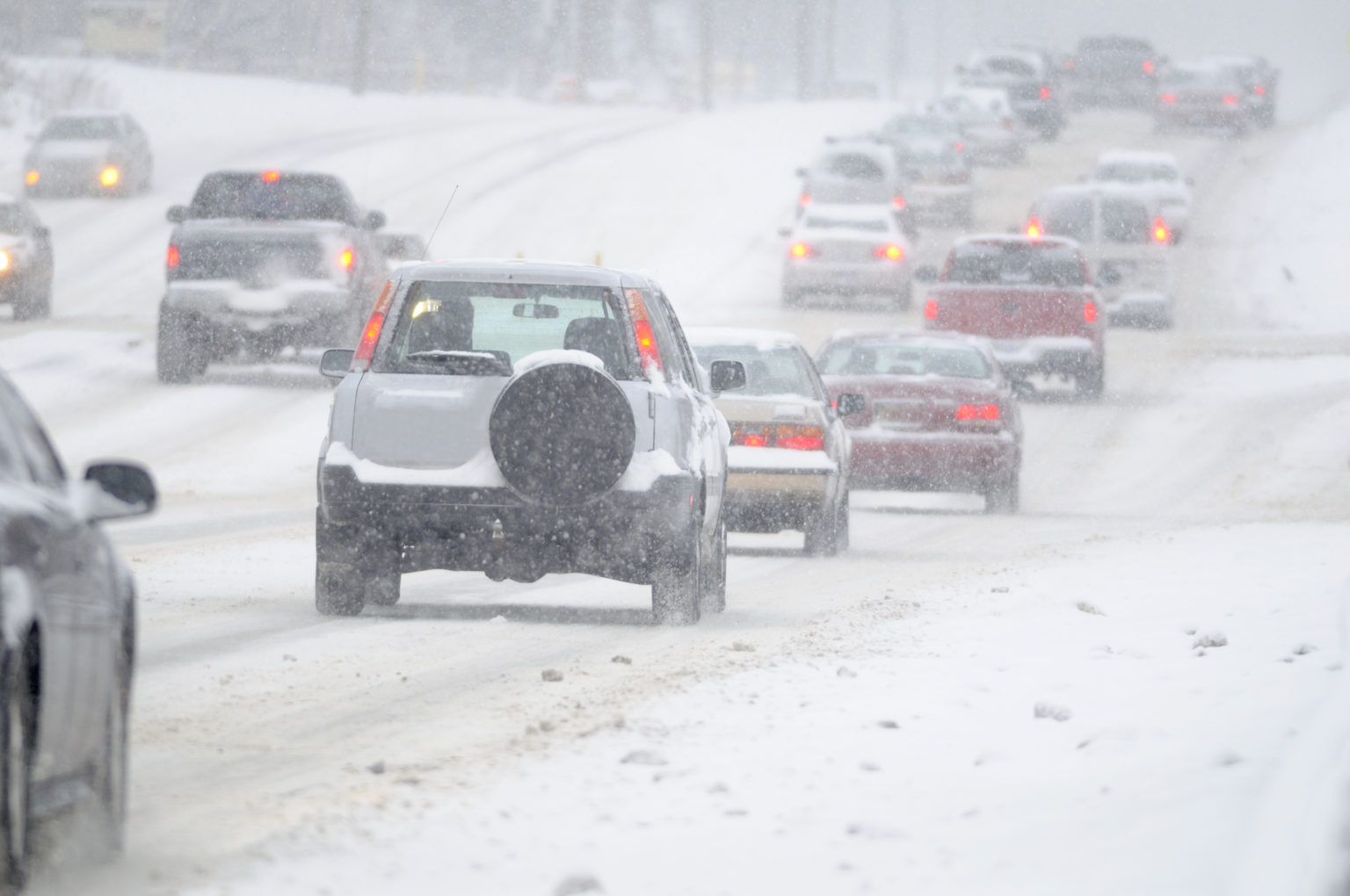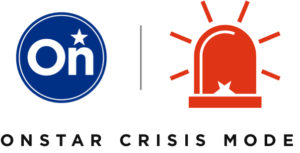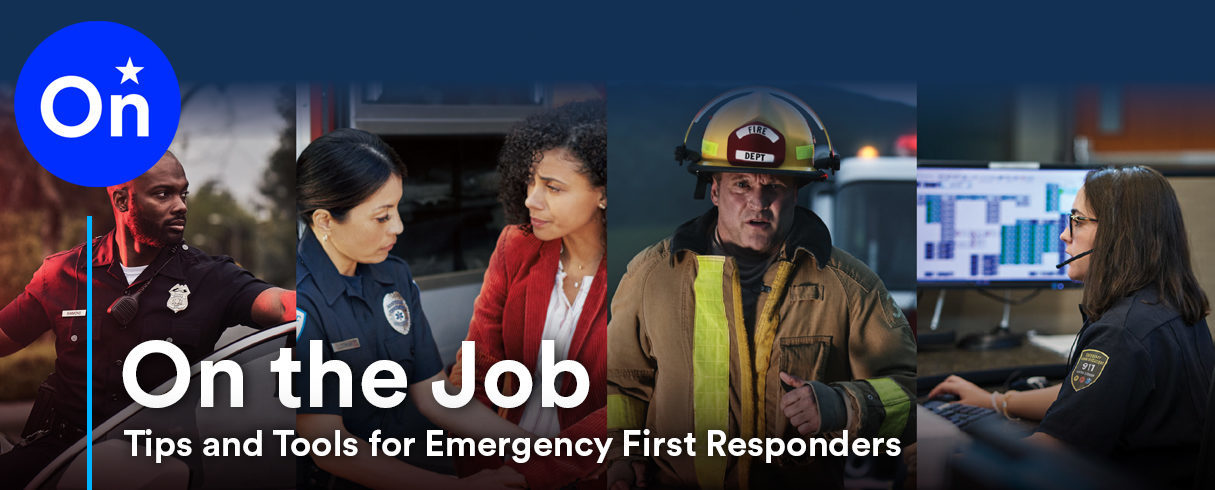
When one thinks of being stranded in a place for a dangerous amount of time, a deserted island might come to mind, or a desolate mountainside. A well-traveled highway … not so much.
But, this past January, on a 50-mile stretch of I-95 in northern Virginia, hundreds of motorists found themselves in a standstill for more than a day thanks to a deluge of snow — from 8 to 14 inches — and ice that paralyzed traffic. With people running out of gas, food, heat and patience, one county’s Emergency Communications Center (ECC) stepped up to help in the wintry landscape.
Over a two-day period, Prince William County, Va.’s Fire and Rescue System (FRS) responded to more than 800 calls, with nearly half being classified as hazard incidents.
“As you can imagine, our Center was slammed with a surge of calls at an unprecedented level,” says Eddie Reyes, Director of Public Safety Communications for Prince William County and an OnStar Public Safety Advisory Council Member. “And, it was at a time when many of the employees were out due to illness or because they were simply not able to get to work because roads were completely impassable.”
The FRS established an ad hoc task force to provide aid to the stranded, loading emergency vehicles with blankets, water, Gatorade and snack foods that were scraped together from various stations and visits to local supermarkets. Once on the road, these units made use of I-95’s high-occupancy toll lanes to access motorists and transport patients to area medical facilities.
In addition, the task force brought out large utility vehicles — normally employed for clearing brush in the wooded areas — to plow and salt the roads, keeping the station ramps and ground clear. It also set up area warming stations for those suffering from the elements. Personnel communicated with motorists via megaphones.
The efforts of the FRS did not go unnoticed; in fact, one local news station mentioned the agency by name in citing the work done by its task force. For Reyes, it was recognition of what can be accomplished when a group has a focused objective. “My amazing staff came together and ensured all calls were answered and help was rendered,” he says. “I’ve been part of many teams, and have led many of those, but my center’s performance during this storm is something I will never forget.”
OnStar also received numerous calls from drivers on I-95 and assisted by providing special routing assistance, connecting Good Samaritans and those members needing support with public safety, and finding nearby hotels for those wishing to rest before resuming travel.
OnStar often works in conjunction with ECCs and, with Crisis Assist, can provide a fast, knowledgeable resource during severe weather conditions, offering crucial information, special routing, the ability to contact loved ones and a reassuring voice in a stressful situation. In 2021, OnStar supported more than 164,000 members during 110 severe crisis events across North America — including dangerous weather, wildfires, flooding and man-made disasters. OnStar Members can access Crisis Assist from the blue OnStar button in their vehicle or via the OnStar Guardian App.


